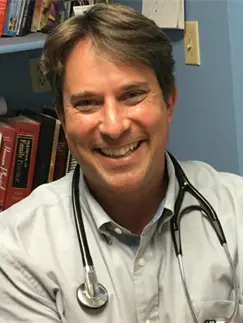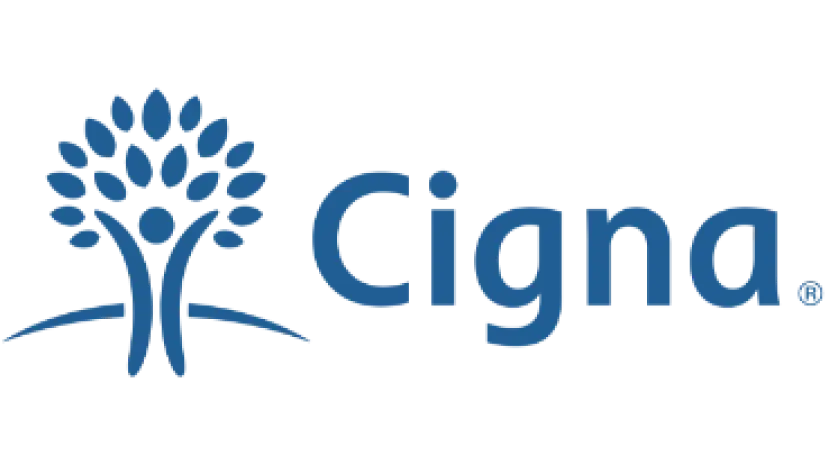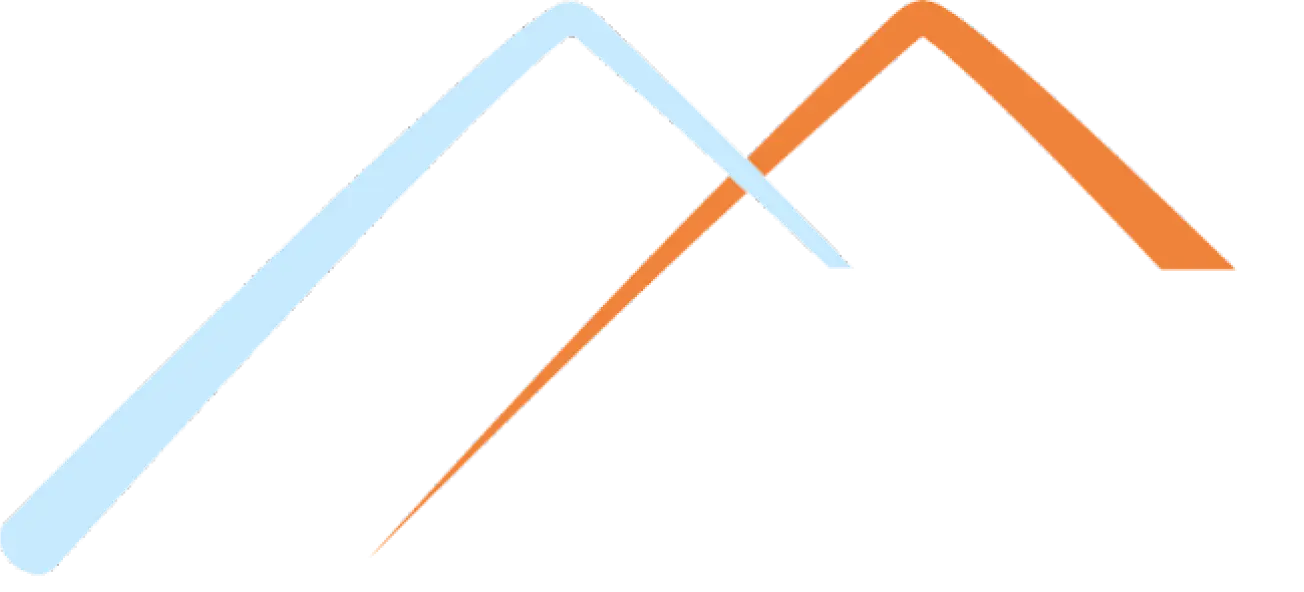



In the face of the escalating opioid crisis, the need for effective treatment options is more pressing than ever. With a rising number of individuals affected by opioid use disorder, there are several varied approaches and programs specifically designed to meet the diverse needs of those seeking help.
Opioid addiction, a complex medical condition, deeply impacts both individuals and communities. It alters brain chemistry and behavior, leading to a physical and psychological dependency on opioids. This addiction not only affects the health and well-being of individuals but also strains relationships, employment, and community resources. Addressing this crisis requires a robust and multifaceted response, encompassing effective treatment options and support systems. These treatments offer individuals a chance at recovery, restoring hope, and the opportunity to rebuild lives affected by opioid dependency.
If you or someone you know is struggling with opioid addiction, Porch Light Health can help. Contact us today at 866-394-6123 to learn more about our addiction treatment programs or fill out our new patient registration form. We’re here to walk with you as you begin to rebuild your life.
Opioid treatment programs (OTPs) present a structured path to overcoming opioid addiction, integrating Medication-Assisted Treatment (MAT) with supportive counseling. MAT, which involves using FDA-approved drugs like methadone and buprenorphine, effectively manages withdrawal and cravings. OTPs also may use other treatments like naltrexone under different regulations.
According to The Joint Commission, an OTP is defined as “a program or practitioner engaged in opioid treatment of individuals with an opioid agonist medication.” These programs are required to be accredited by a federally deemed accrediting body. The strict compliance monitoring in OTPs ensures a highly controlled recovery environment based on state and federal laws.
Office-Based Opioid Treatment (OBOT) programs offer a more flexible and accessible approach to treating opioid use disorder (OUD) compared to traditional clinic-based methods. OBOT allows any medical care providers to integrate OUD treatment into their general medical practices. This integration means that patients can receive treatment for OUD outside a controlled OTP, including in the same setting where they receive other medical care, which can help reduce stigma and make treatment more accessible, especially in rural areas.
OBOT typically includes prescribing FDA-approved medications for OUD, counseling, and behavioral therapies. Research suggests that methadone treatment in office settings might further improve access without adversely affecting patient outcomes, potentially guiding changes in addiction treatment regulations.
The benefits of OTPs and OBOT (Office-Based Opioid Treatment) programs are significant in addressing opioid addiction. OTPs offer:
On the other hand, OBOT allows for:
Both programs, through their respective strengths, play a crucial role in offering effective and adaptable treatment options for individuals battling opioid addiction.
In Colorado and New Mexico, the opioid crisis has made the availability of effective treatment programs like OTPs and OBOT especially crucial. In 2017, Colorado saw a 77% surge in deaths specifically related to heroin overdoses, indicating a rate of 3.2 per 100,000 residents. Additionally, in a recent survey, one in five Coloradans reported that even if they wanted help, no services would be available to them, further highlighting the need for effective opioid addiction treatment in this state.
New Mexico residents also have seen consistently high rates of drug-induced deaths, with opioid-related treatment admissions on the rise over the past two decades. Recent studies identified several gaps in treatment availability, most notably including barriers to prescribing buprenorphine and lack of funding. These difficulties prevent opioid users from quickly accessing effective treatment. OTP and OBOT programs play a vital role in reducing relapse rates and increasing chances of recovery, enhancing public health, and creating healthier communities.
Choosing Porch Light Health for opioid addiction treatment means selecting a provider that offers compassionate, individualized care. Focusing on comprehensive treatment, including MAT, psychiatric, and behavioral support, Porch Light Health is dedicated to helping individuals achieve long-term recovery and improve their overall quality of life.
If you or someone you love is struggling with opioid addiction, contact us today at 866-394-6123. We conveniently offer recovery and addiction treatment services via telehealth and in-person through our network of over 60 care points across Colorado.
To begin any of our treatment programs, you can start by filling out our new patient registration form, which is available on our website. You can also call us directly at 866-394-6123. Our experienced staff will guide you through the enrollment process and answer any queries you may have about treatment.
OBOT occurs in a physician’s office, offering flexibility and possibly integration with other healthcare services. OTP is more structured, often occurring in specialized clinics with strict compliance monitoring.
OBOT stands for “office-based opioid treatment.” It refers to opioid addiction treatment provided within a primary care or general healthcare setting, incorporating medication-assisted treatment and counseling.
In addiction medicine, OTP stands for “opioid treatment program.” It’s usually in a specialized clinic, including medication-assisted treatment, counseling, and adherence to regulatory guidelines.
OTP certification involves a program being officially recognized to provide opioid treatment programs. This accreditation, established by the Substance Abuse and Mental Health Services Administration (SAMHSA) in 2001, ensures the program meets certain standards for providing medication-assisted treatment and other support services for opioid addiction.







